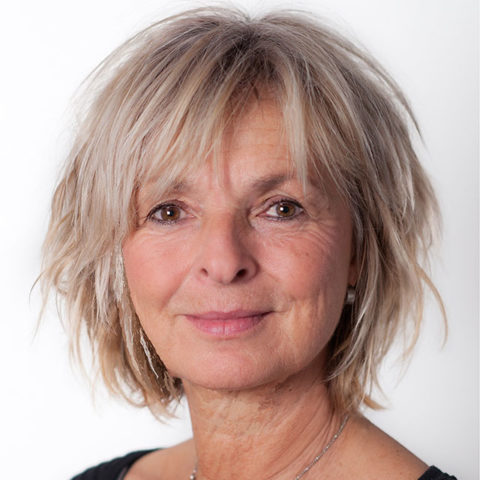
Talking Leprosy: Christine Fenenga
This month ILEP’s Rosa Argent catches up with Christine Fenenga, the Operational Excellence Working Group Coordinator of the Global Partnership for Zero Leprosy.
Born on a small island in the north of The Netherlands called Schiermonnikoog, Christine left the island to study physiotherapy when she was 16 years old. Curious to explore other parts of the world to meet and learn from other cultures, she travelled and worked for public and private organisations in health services in over 15 countries throughout Europe, Africa and Asia. She filled different positions (i.e. manager, coordinator, policy officer, researcher). In between contracts she studied public health and anthropology. She holds a PhD from the University of Groningen on ‘Clients’ perspectives on health care and health insurance services in Ghana’. During her 25 years of international health she worked in leprosy care in a number of countries in Africa and in Indonesia. She attended training at the Karigiri Leprosy Centre.
RA: Congratulations in your new role as the Operational Excellence working group coordinator for the GPZL. What attracted you to this position?
CF: The fact that leprosy, as one of the NTDs, affects often the socio-economic disadvantaged people in society and, despite availability of effective treatment, still leads to much physical and mental suffering made me decide to jump at the chance of this new position. I am very excited to get the opportunity to work with you all on this important aim of Zero Leprosy.
RA: What does ‘operational excellence’ mean to you? Why is it important to the overall success of the partnership?
CF: Operational Excellence for me means working together to find the best approach to achieve the objectives of the Global Partnership for Zero Leprosy (GPZL). It means building on the experience and strengths of people working in leprosy, empowering each of them to be innovative and share best practices (and failed practices), to learn and benefit from this and improve the national programs. I believe that to succeed in this role it will be important to have an open ear and open mind for different views in order to understand and take into account the diversity in perspectives.
RA: What are the key opportunities? And the key challenges?
CF: The timing for this initiative is right: with exciting new developments in the field of prevention and a stronger collaboration between ILEP, the WHO and other NTD programs we can accelerate our efforts to achieve Zero Leprosy. As challenges, I see the monitoring of clear program outcomes in order to demonstrate the value of our work. Not only for showing to the people affected by leprosy or for ourselves as managers; we need these results for continuous advocacy and fundraising to complete the job of the Global Partnership for Zero Leprosy. Another important challenge may be maintaining sufficient human resource capacity, and attracting motivated young health workers with leprosy knowledge and skills. We must address the issue of how we can maintain a level of expertise.
RA: Who do you plan to engage or work closely with to help develop the operational excellence roadmap?
CF: The Operational Excellence working group will soon be established. We are looking for enthusiastic people, innovative and practical thinkers, particularly people with hands-on experience from the national programs, who are familiar with the innovations and challenges in their country. Of course, people affected by leprosy should also be on board. We will work together with the WHO, NTD programs and with the other working groups under the GPZL.
RA: Do you have a message for ILEP members?
CF: I think there is a huge opportunity for ILEP members to participate and contribute actively in the GPZL. Although each organisation may have its own background and way of working, I encourage you to bring one of your champion-projects as best practice or best strategy to the table. As key collaborators and technical experts you can contribute to help strengthen the health system in battling this neglected disease. I am looking forward working with you.